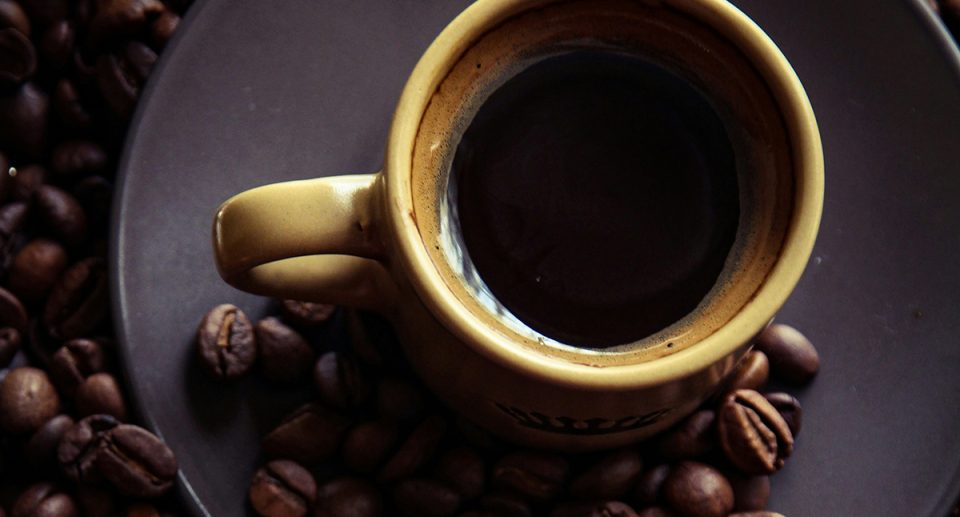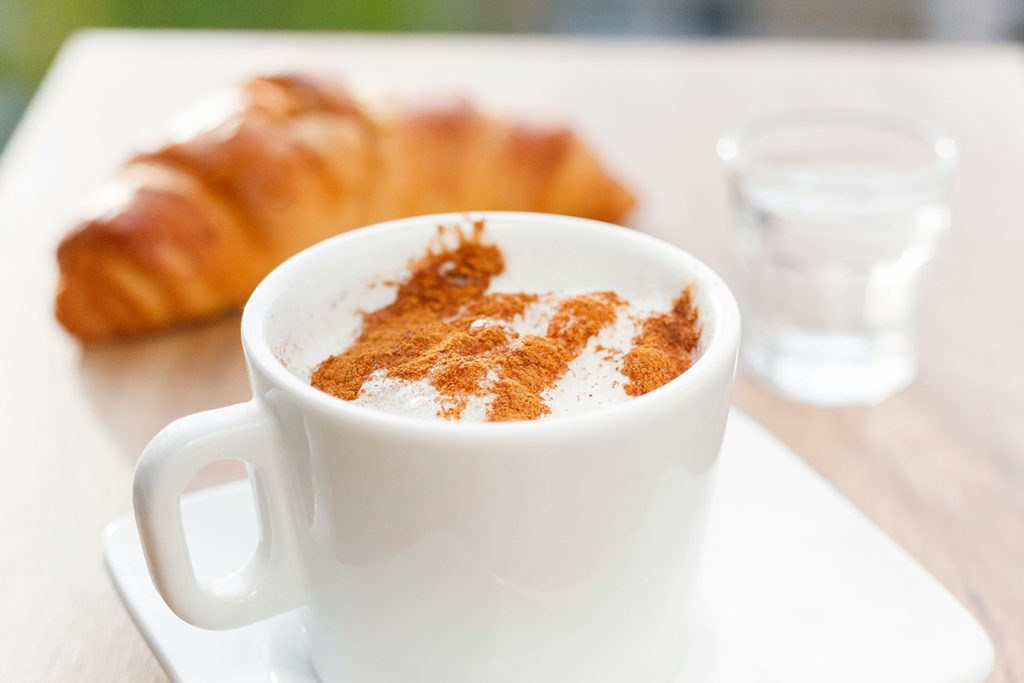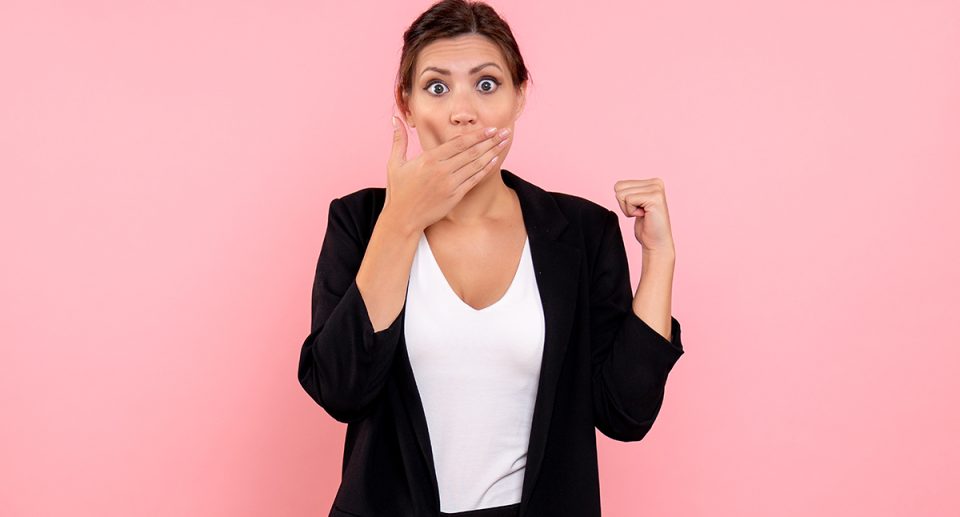What’s the best time to drink your beloved cup of coffee?

Whether it’s a latte on the way to work, a mid-afternoon cup of tea, or an energy drink pick-me-up, most of us rely on caffeine. This natural stimulant, found in various beverages, can give us the needed burst of energy to get through the day. But when is the best time to enjoy your beloved cup of coffee?
Many people start their day with a cup of coffee, while others consume it throughout the day, including during work, before exercising, and even after dinner.
Although coffee is associated with numerous health benefits—such as reducing the risk of type 2 diabetes and liver cancer, and enhancing exercise performance—some wonder if the timing of caffeine consumption matters for health.
Here’s a look at how drinking coffee at different times of the day affects your body, and the optimal times to drink it for weight loss, boosting energy levels, and supporting restful sleep.

A cup of coffee in the morning
Coffee contains caffeine, a stimulant that boosts alertness and energy. Each cup of coffee has about 92 mg of caffeine, which helps wake you up in the morning. However, some believe drinking coffee early can negatively impact blood sugar and the stress hormone cortisol.
Cortisol regulates immune function, metabolism, and stress, but high levels can lead to health issues like high cholesterol and blood pressure. Studies show regular coffee consumption doesn’t significantly affect cortisol levels, though it can raise them during stress.
For better blood sugar control, consider the timing of your cup of coffee. Drinking coffee after poor sleep can impair glucose tolerance. To maintain healthy blood sugar levels, especially after disrupted sleep, eat a protein-rich meal before having coffee.
A cup of coffee in the afternoon
Consuming caffeinated drinks, such as coffee, can enhance your performance and energy levels during exercise, making your workout more effective. The International Society of Sports Nutrition (ISSN) recommends consuming caffeine products, like a cup of coffee, about 60 minutes before workouts for optimal benefits.
Drinking coffee in the afternoon at school or work can also boost mental performance. Caffeine increases alertness and brain function, which is why many people turn to coffee to improve efficiency and performance during the day.
However, drinking coffee in the afternoon, or even earlier, can disrupt your sleep, especially if you’re sensitive to caffeine. Research indicates that consuming caffeinated coffee within 6 to 8.8 hours before bed can affect sleep quality. If you are sensitive to caffeine, it’s best to avoid caffeinated beverages within eight hours of bedtime.

A cup of coffee in the evening
Because caffeinated coffee increases alertness and keeps you awake, most people sensitive to caffeine avoid drinking it in the evening, especially before bed.
Your sensitivity to caffeine is influenced by genetics. Some people can fall asleep right after drinking a cup of coffee, while others experience disrupted sleep even if their last cup was hours before bedtime.
For those sensitive to caffeine, drinking coffee close to bedtime can delay falling asleep and reduce total sleep time. This can lead to increased caffeine consumption the next day to boost energy, creating a cycle of dependence known as the ‘coffee cycle.’
A 2023 review suggests that caffeinated coffee should be consumed at least 8.8 hours before bedtime to minimize its negative effects on sleep.
What’s the best time to drink your beloved cup of coffee conclusion
There is no solid scientific evidence indicating a ‘best time’ to drink a cup of coffee. However, drinking coffee too late in the day—within 6 to 8.8 hours before bedtime—can disrupt sleep. Therefore, it’s generally best to limit coffee intake to the morning or early afternoon.
For those with high blood sugar levels or under stress, it’s advisable to delay morning coffee until after a nutritious, protein-rich meal, which can help balance blood sugar and cortisol levels. So, if you want to use caffeine as a natural exercise enhancer, aim to consume a cup of coffee about 60 minutes before your workout for optimal results.




















